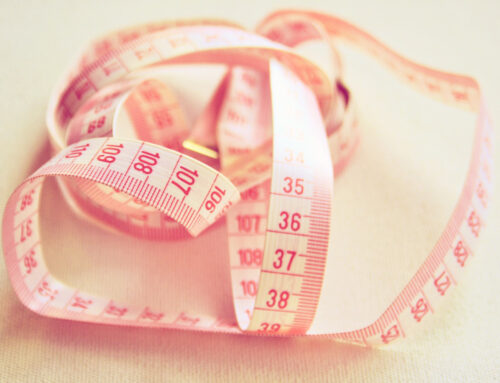Women appear to be mounting a stronger immune response towards the novel coronavirus, as indicated by numerous scientific studies. Females’ biological response has allowed them to endure a strenuous but successful battle against the virus. Whether it be because of factors such as the greater likelihood for men to smoke or adopt unhealthy lifestyle habits, the coronavirus has ultimately hit men harder than women. Generally, scientists firmly agree that men are considerably more endangered by COVID-19. However, economists and policymakers argue otherwise.
Though their immune systems may confer a precious survival advantage, women are bearing the brunt of the economic crisis and possible recession provoked by COVID-19—and the expenses are only piling up. Whereas previous economic recessions have routinely targeted male-dominated industries such as construction and manufacturing, the coronavirus has shaped completely different circumstances. The COVID-19 situation is distinctive in that it has pulled women from the teaching, restaurant, and travel sectors out of the workforce. As Matthias Doepke, a professor of Economics at Northwestern University reports, “many more men” traditionally lose their jobs in financial recessions; yet, what is occurring in the present is that women are more likely to leave their occupation. Over 700,000 individuals lost their jobs since March of 2020; 60% were women.
Temporarily unemployed women find themselves returning to chaotic households and kitchens turned into learning classrooms, only to be bombarded with unpaid domestic work and childcare. Even under normal, day to day circumstances, working mothers are expected to balance making their child’s lunch with one hand, all while answering work-related calls with the other. Now, they’re attempting to either work from home or search for alternative jobs with kids out of school, possibly for the rest of the academic year.
Moreover, according to the International Labour Organization (ILO), women are reported to perform 76.2% of total hours of unpaid care work, more than three-times as much as their male counterparts. As healthcare systems run low on vital resources, many loved ones with COVID-19 must be cared for at home, compounding women’s pre-existing financial and mental stress. Division of labor in the household continues to remain unequal and women are compelled to pick up domestic tasks and caregiving when laid off. This isn’t just about who is wiping the table and doing the dishes. While focussing on gender roles may seem trivial given ongoing circumstances, women are disproportionately feeling the effects of economic insecurity.
Not only are women losing work at intensifying rates, but they are additionally the ones at the front-lines, courageously battling against the pandemic. Each pharmacy technician you see hop onto the bus each morning, each nurse who rushes into the hospital, each home health aide caring for a sick patient is most likely a woman. Consider that the majority of those in the healthcare sector are women—up to 76%, according to a report by The Hill. In fact, a grand majority of nurses and physician assistants under that age of 45 are female, and are everyday heroes working tireless hours to heal, help, and save lives all while sacrificing their personal well-being. Yet, despite this, home health and personal care aides, jobs that earn little more than minimum wage, are not receiving salaries which match their acts of bravery. They’re overworked and underpaid; they’re overbooked and uninsured. With few benefits and no paid time off, female healthcare workers are continually faced with making decisions about where their paychecks go: food, child education, transportation, medication?
It’s not surprising that the year of 2018 saw a conspicuous rise in the number of females running for office. They want to see change; they yearn to have a woman in power—one who recognizes the changes which must be made in our community, one which rewards female heroes with dismal benefits and a widening pay gap.




